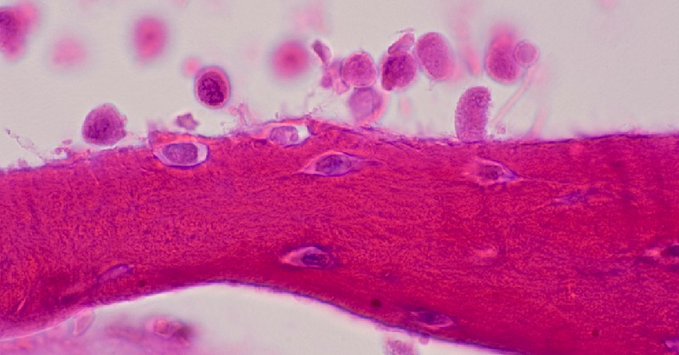
About 6 days ago UK’s Health Secretary Matt Hancock informed the country’s parliament that at least 60 different local authorities had recorded Covid infections caused by a new variant. He said the World Health Organization had been notified and UK scientists were doing detailed studies. However, he did not specify if the worsened the disease or that vaccines rolled out would no longer work.
Confirming the news, England’s Chief Medical Officer Prof Chris Whitty said a new variant has been found predominantly in Kent and neighboring areas in recent weeks. But said that current coronavirus swab tests would still detect the new variant.
How has the British government responded to the developments?
On Saturday, the British government said the new strain appeared to be spreading 70% faster than earlier variants and is responsible for a surge in cases in London and its surrounding areas. Recorded cases of the new strain across the U.K. in the last one week rose to 51% over the previous week.
The new cases have now forced the government to abandoned plans to allow a five-day respite from Covid-19 restrictions across the country during the Christmas week. Consequently, the British government imposed a new lockdown on the affected regions, which includes the closure of all nonessential retail.
How have other countries responded to the new strain?
With new cases being reported with the new variant, concerned countries imposed a ban on visitors from the UK. On Sunday, Germany, France, Spain, Italy, Canada, Israel, the Netherlands, and Belgium announced bans on passenger air travel from the U.K.
Scientists say there are concerns it will make controlling the virus’s spread less manageable, even with a vaccine. Viruses mutate constantly and scientists are constantly on the alert for new mutations that may affect how the virus behaves. The new strain hasn’t been identified in other countries as yet.
Is it an unexpected development?
All viruses including the COVID19 virus mutate all the time. Hence it is not unexpected that this new variant has emerged. In fact, more than 4,000 Sars-Cov-2 mutations had been observed so far, of which may be a handful appeared to be of any significance.
Is the new variant more infectious?
The data accumulated in parts of the UK so far demonstrates that the variant is more infectious, or able to spread more efficiently. But scientists do not have laboratory-based confirmation of the same or any idea of why it is spreading faster.
The scientists at the moment are most concerned about are changes in the variant’s spike protein – the part of the virus that allows it to infiltrate cells in the lungs, throat, and nasal cavity by interacting with a receptor called ACE-2. The mutation on the spike protein may enhance the virus’s ability to interact with ACE-2, giving it a growth advantage.
Will the present social distancing and safety norms be sufficient to contain the new virus?
Scientists and health safety experts do not yet fully know about the variant to know its impact on existing safety guidelines in terms of social distancing and mask-wearing. But experts suggest that the safety norms be implemented rigorously without any leniency.
Will the presently rolled-out vaccines work for the new strain?
Vaccine makers say that their vaccines will work against the new strain. However, with a lack of extensive data samples and research on the new strain and its effect, the claim has yet to be ascertained.
However, health experts say that hastening the vaccine program among people of all ages will certainly help in containing the new strain. Further, the vaccine makers can augment their vaccines to fight the new strain before they roll out the next batches of the vaccine. Governments hope that vaccine makers like Pfizer and Oxford would produce a “multiple response” capable of fighting off the new strain.
